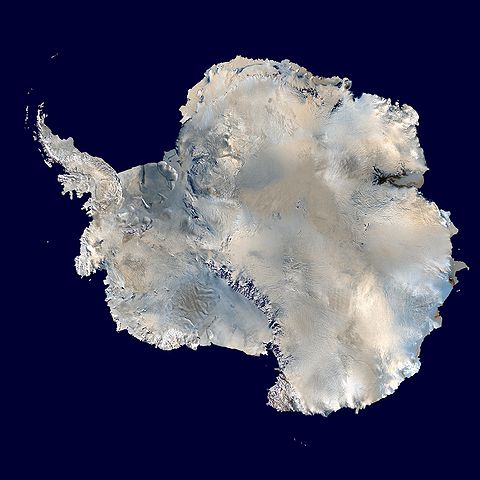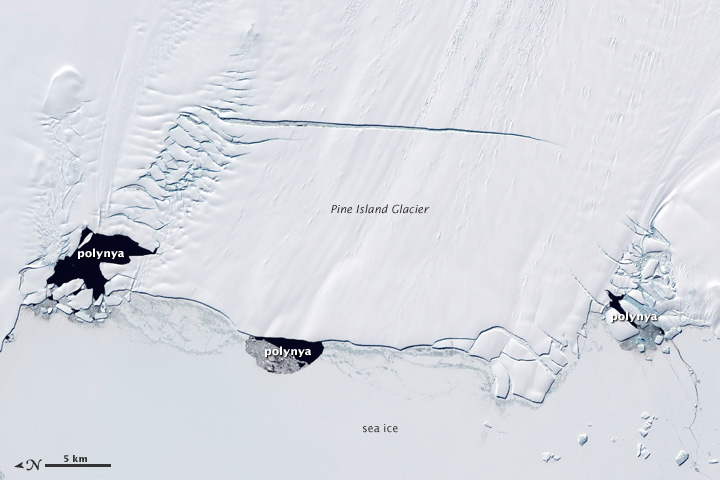
Micro-organisms inhabiting these basins in oxygen starved conditions may have converted old organic matter to methane.
Researchers estimate that 50 percent of the West Antarctic ice sheet (one million square km) and 25 percent of the East Antarctic ice sheet (2.5 squares million km) overlies preglacial sedimentary basins, containing about 21,000 billion tonnes of organic carbon.
J.L. Wadham, professor at Bristol University, who led the study, said: “This is an immense amount of organic carbon, more than 10 times the size of carbon stocks in northern permafrost regions.”
“Our laboratory experiments tell us that these sub-ice environments are also biologically active, meaning that this organic carbon is probably being metabolized to carbon dioxide and methane gas by microbes,” Wadham was quoted as saying in a Bristol statement.

Sandra Arndt from Bristol, who conducted the numerical modeling, added: “It’s not surprising that you might expect to find significant amounts of methane hydrate trapped beneath the ice sheet. Just like in sub-seafloor sediments, it is cold and pressures are high, which are important conditions for methane hydrate formation.”
If substantial methane hydrate and gas are present beneath the Antarctic ice sheet, methane release during episodes of ice-sheet collapse could act as a positive feedback on global climate change during past and future ice-sheet retreat.
Slawek Tulaczyk, professor of glaciology from the University of California, Santa Cruz and study co-author, said: “Our study highlights the need for continued scientific exploration of remote sub-ice environments in Antarctica, because they may have far greater impact on Earth’s climate system than we have appreciated in the past.”
-IANS
The opinions, beliefs and viewpoints expressed by authors, news service providers on this page do not necessarily reflect the opinions, beliefs and viewpoints of Hill Post. Any views or opinions are not intended to malign any religion, ethnic group, club, organization, company, or individual.
Hill Post makes no representations as to the accuracy or completeness of any information on this site page.


